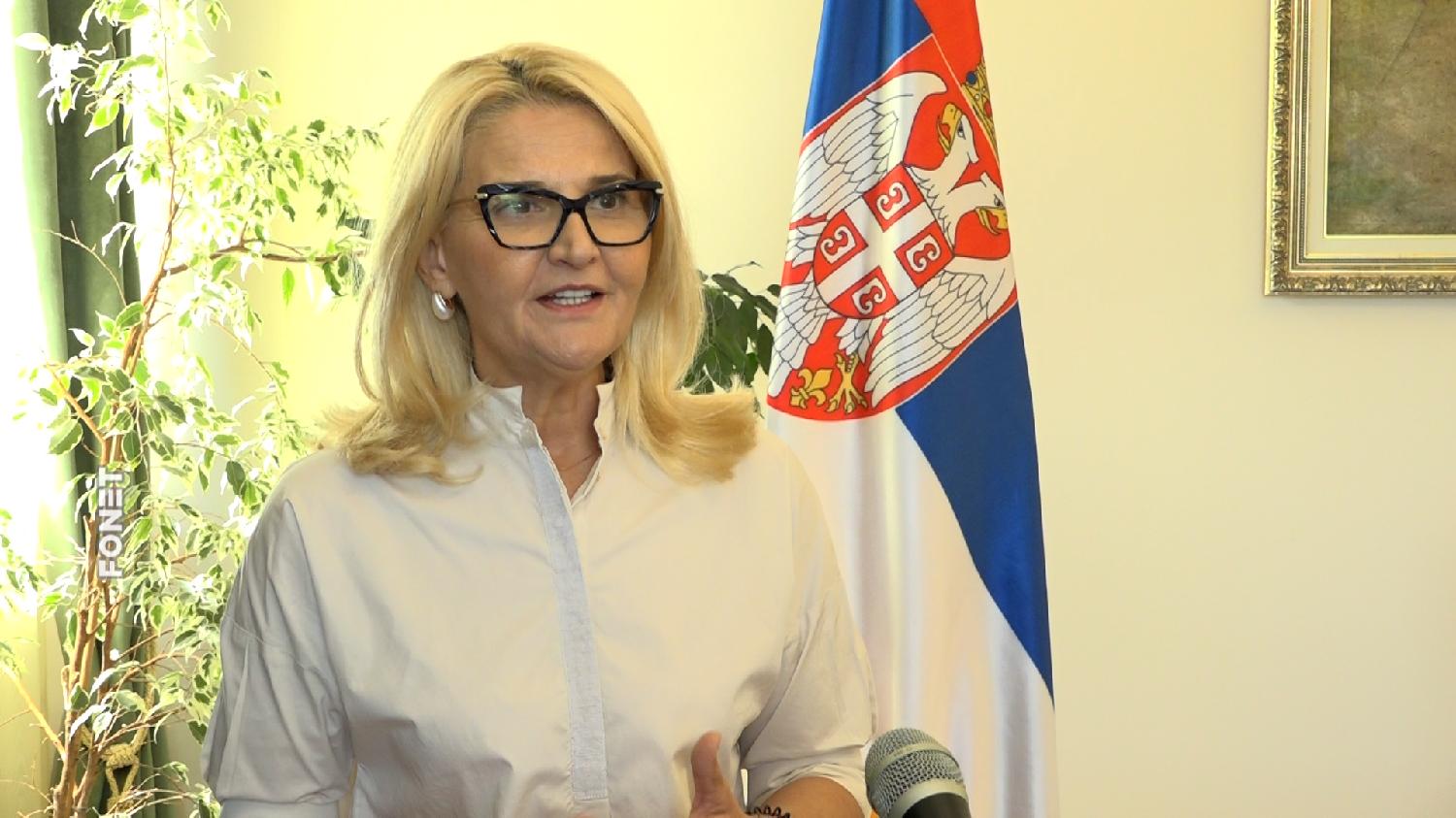
Investing in Roma population – young, entrepreneurial, multilingual from early age and mostly working in the domain of the informal economy, supports progress and prosperity of Serbia and its economic future, said Željko Jovanović, representative of the Roma Foundation for Europe to FoNet agency today.
After presentation of the report “Investing in Roma: A Human Capital Growth Strategy for the Western Balkans”, he estimated that this report takes stock of the new reality.
“In reality, the Roma people an important element of the Serbian economy future, economy of the region and probably European economy as well”, said Jovanović.
He added that Roma population is among the youngest in Europe, as regards national minorities and ethnic communities, representing a great future potential for labour force in all the economies in the region, including Serbia.
In his words, the report indicated that if Roma population would undergo programmes of retraining and upskilling and get jobs within deficit occupations, the investment return period would be two to five years.
Among the occupations that are in shortage are welders, bus and truck drivers, waiters and cooks, Jovanović said.
Minister of European Integration Tanja Miščević said that there were many programmes in the scope of the IPA support for Roma employment, funded by the European Union.
This support is channelled through different ministries – education, economy, environmental protection and other line ministries.
“You know that our citizens of Roma nationality are often included in recycling as an instrument and that was mostly informal so far, but now it is transferred into formal activity, meaning employment for these people”, Miščević said.
In her words, all together this represents support for something that was a huge problem only five or six years ago, namely Roma registration and their entry into the registers.
“Serbia has made a huge progress in that regard and today we heard that what in fact was considered as donation assistance for improving Roma status, today has turned into a systemic measure”, she emphasised.
As she mentioned, this panel also touched upon how civil society organisations can contribute to this.
Miščević indicated that the starting point was the fact that many Roma were unemployed.
“This indicator will be included in the Reform Agenda, we have the European Commission support, all institutions of the Government of Serbia participate in the implementation, but we need civil organisations to help us strengthen the Roma to declare themselves, to register in the system and in the end get the jobs”, Miščević said.
She explained that it all started from the fact that 100 truck drivers was needed for the Morava Corridor.
“The truck driver training takes about six months and the investment return for that training is less than five years, while every year the profit is 20 per cent higher”, Miščević said, mentioning that there was no loss here, but the only loss would be if nothing would be done.
Source: Fonet







